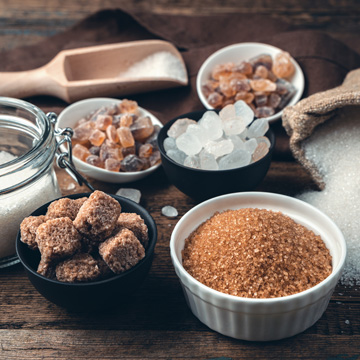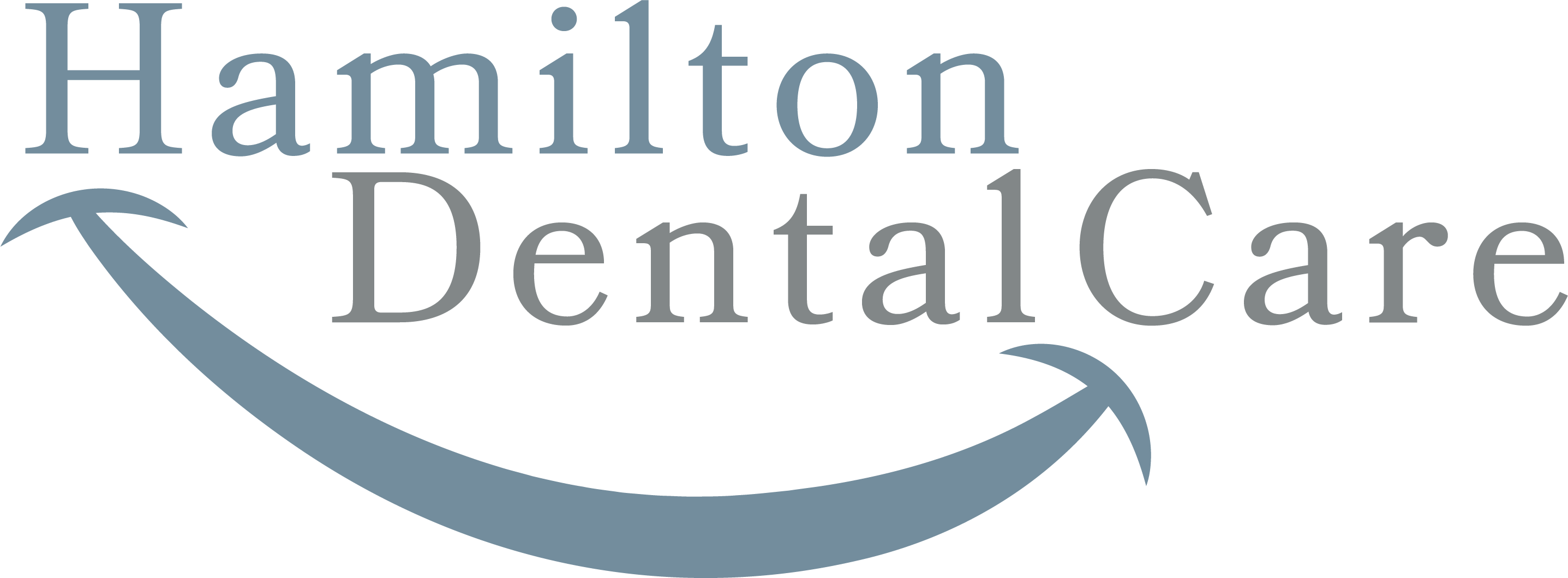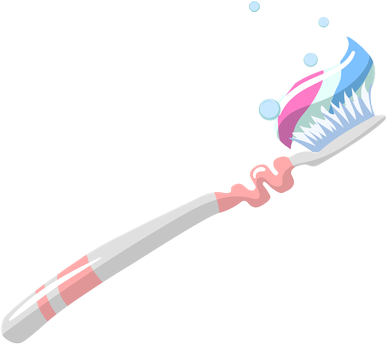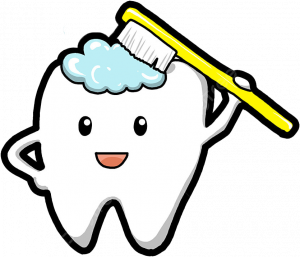 Bloomsburg, Danville, and Lewisburg, PA
Bloomsburg, Danville, and Lewisburg, PA
Easter is a holiday filled with delectable chocolates, candy gifts, and unique desserts. But unfortunately, that means that your teeth become inundated with sugar, increasing your risk of cavities. Does that mean sugar alternatives, such as xylitol and stevia, are better for your teeth? In short, sugar alternatives are tooth-friendly compared to standard sugar. On the blog today, our Bloomsburg family dentists at Hamilton Dental Care dive deeper into sugar alternatives to share their effect on your oral health.
What is xylitol?
Xylitol is a natural sugar alcohol derived from plants. It’s often used in oral hygiene products and sugar-free candy and gum. Although xylitol is 5% less sweet than sugar, it also boasts 40% fewer calories, which is good news for your waistline. It has a lower glycemic index, which won’t spike your blood sugar levels, causing your metabolism or energy to crash after eating it. The same cannot be said about sugar. Additionally, our Bloomsburg dentists explain that xylitol helps neutralize the mouth’s pH level, which reduces cavity-causing bacteria, lowering your risk of cavities and gum disease. However, consuming products containing xylitol should not replace daily brushing and flossing.
What is stevia?
Stevia is a sugar substitute made from stevia plant leaves, is 100 to 300 times sweeter than sugar, and is praised as a natural, zero-calorie sweetener. Our family dentists in Danville explain that, like xylitol, stevia does not contain fermentable carbohydrates and is, therefore, non-acidogenic. Like xylitol, stevia helps promote better oral health.
Xylitol Versus Stevia: Which one is healthier?
When it comes to your teeth, xylitol and stevia are preferred instead of sugar. However, consume these products in moderation, as too many sugar alcohols could lead to gastrointestinal distress like diarrhea, gas, nausea, cramps, and bloating, according to studies. Therefore, products containing these sugar alcohols should be used and consumed in moderation. While adverse reactions to sugar alcohols are rare, they are possible. We recommend slowly introducing these products into your diet, being aware of how your body may react to these changes.
If using a sugar substitute, is oral health care still necessary?
Even though excessive sugar consumption is directly linked to an increase in cavities, it is not the only culprit. Exchanging natural sugar for a sugar substitute can help reduce the bacteria levels, helping preserve your smile. However, regular oral health care is still vital in maintaining good oral health. For example, food particles and bacteria get trapped between your teeth and need to be removed by regular brushing and flossing to prevent or lessen the risk of dental damage. Therefore, our family dentists in Bloomsburg recommend brushing twice a day, flossing once daily, and attending regular dental visits for preventive care every six months for optimum oral health.
Family Dentists in Bloomsburg, Danville, and Lewisburg, PA
The Easter holiday may be filled with sugary treats. But choosing wisely can help protect your teeth. Pure dark chocolate or stevia-sweetened candy is best, while sticky, gummy, or hard candies are more damaging to your oral health. Regardless of what you eat, be sure to brush and floss your teeth adequately, removing residual sugar and food debris. If you are ready to schedule an appointment with our Bloomsburg family dentists at Hamilton Dental Care, please call (570) 387-0533 or contact us online today.






Comments are closed